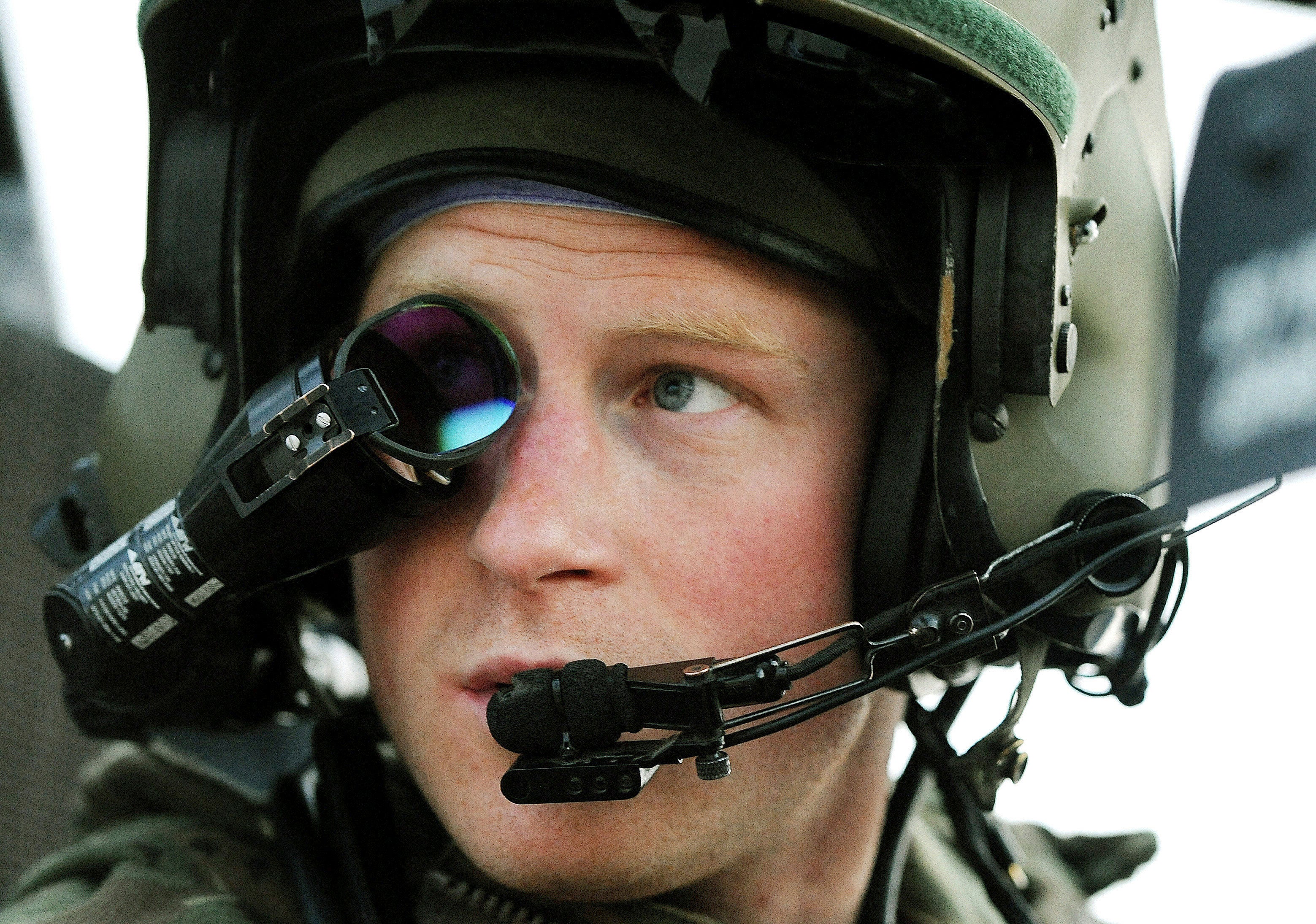I was namechecked in the Prince Harry court case – and it shows how little he understands about journalism
Kim Sengupta wrote a version of a story Prince Harry claims could only have come through phone hacking. Here, he explains why the Duke of Sussex couldn’t be more wrong


It was a huge surprise to be told that I have been named in the High Court in the trial of Prince Harry against Mirror Group Newspapers. I have had few dealings with the royal family in my lengthy career as a journalist, and what I cover – namely foreign affairs and wars – should not have involved me in this case about alleged phone hacking.
I had come across Prince Harry only once, when he was serving in Afghanistan. Late at night, at a frontline military base near the town of Garmsir in Helmand in spring 2008. I was woken up by my colleague Bill Neely, then with ITV News, saying, “It’s just broken about Harry, he’s here.” My befuddled response, rubbing sleep from my eyes, was, “Harry who?”
The prince’s deployment to Afghanistan had been kept secret in a deal between the palace and the British media. That deal had held. But his presence had been exposed first by an Australian magazine and then by a US website, the Drudge Report. This led to the Ministry of Defence, after consultation with the palace, recalling him back to London – supposedly for his security and that of those around him.
Harry let it be known to us in Garmsir that he wanted to stay on, and regretted being forced to leave early. His comrades were sorry to see him go. He was, by all accounts, a good soldier. We, the journalists, felt he should be allowed to finish his tour of duty – and said so at the time.
Harry’s stint in Helmand resulted in an interesting and important set of interactions between him, the royal family and the media. My fleeting appearance (albeit by name and not in person) before Mr Justice Fancourt in court 15 as part of the current trial was nothing to do with that, but with a story I had written about the prince and Sandhurst in 2005.
Those of you who have been following the extensive coverage of the case would know that it has become not just about phone hacking, or some tabloid newspapers getting confidential information through illicit means. It is also about how journalists get their stories – or, rather, Harry’s perception of their methods.
The Sunday People had published a story in May 2005 about a knee injury suffered by Harry, and described complaints by his fellow cadets that the prince was being given “preferential treatment” and was being let off taking part in “gruelling marches”.
Prince Harry told the court that the story must have come from phone hacking, and that its appearance had led to him “worrying [he] couldn’t trust anyone for fear of that it would end up splashed across the tabloids”. So serious was the effect it had on him that it led to “distrust [he] ended up having at Sandhurst with the medical staff”.
Andrew Green KC, who is representing Mirror Group Newspapers, pointed out that a similar story had appeared in The Independent. The story was by me “the respected Independent defence correspondent” – an unexpected compliment, and showed that what was happening at Sandhurst was of public interest.
Our story, which was not very long, did not come from phone hacking. The Independent did not hack Harry’s phone or anyone else’s, and nobody had ever claimed that it had. It came from something that happens all the time in journalism – information from contacts.
I was told about Harry and Sandhurst first, I recall, by a military contractor I had met in Iraq, and then later by a second person in the army. I checked the details with the Ministry of Defence and Sandhurst and wrote the article. That’s all there was to it – no expensive private detectives, no electronic eavesdropping. Just a fairly straightforward bit of journalism.
Prince Harry holds that the British government is at “rock bottom” and avoids scrutiny by getting “in bed” with newspapers.
Whatever Harry’s grouse is with certain publications, he must surely know it is risible of him to claim that newspapers in the UK do not scrutinise the actions of the government and those in authority. It has, instead, an excellent and proud record of holding those in power to account.
Last night I was at Private Eye’s Paul Foot Awards (of which I am a judge) for investigative journalism. The entries were superb exposés of abuse and corruption in high places. The work was done by journalists putting in the hard yards, and facing endless attempts at obstruction.
Harry may not know about this wonderful work. But with his huge interest in the media, he should perhaps take an interest in seeing how good journalism works. He may realise that it really is not all about him.
Reflecting on his military career, Harry had spoken passionately about how the army became his “second family”. He wanted to explain: “working and living with normal people certainly has an effect on you, right? The bubble within the bubble that I was brought up in got burst.”
Harry had stressed how much he had enjoyed serving in Afghanistan. That was possible because the media in this country kept its side of the bargain with the Palace enabling it to take place. Ironic, in the light of way things have turned out between the prince and the press.






Join our commenting forum
Join thought-provoking conversations, follow other Independent readers and see their replies
Comments